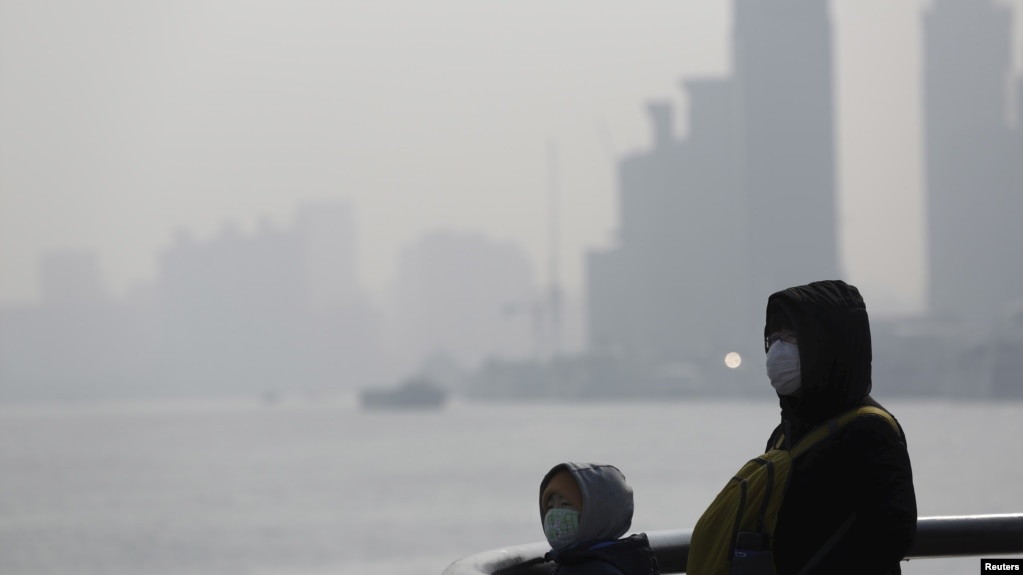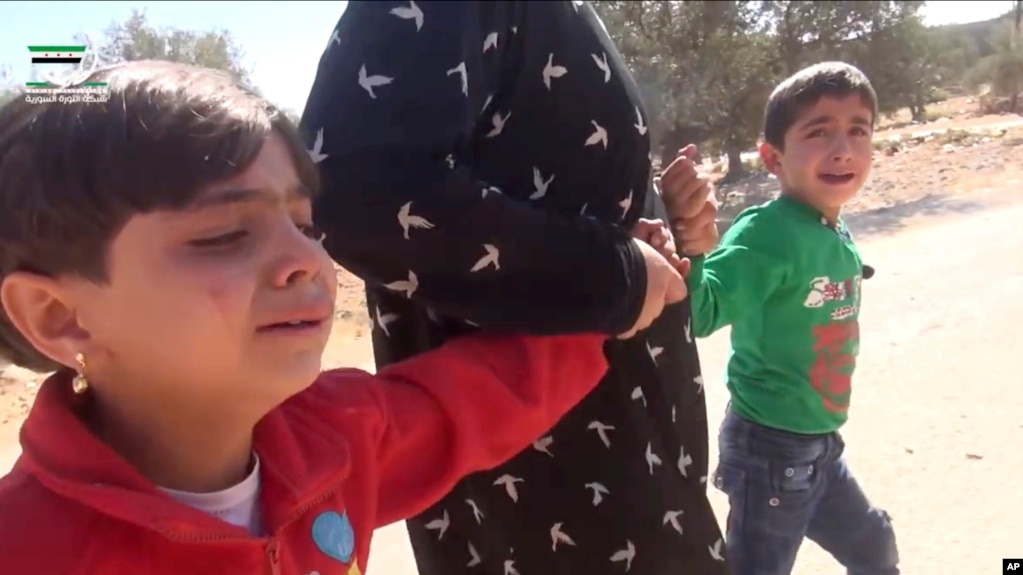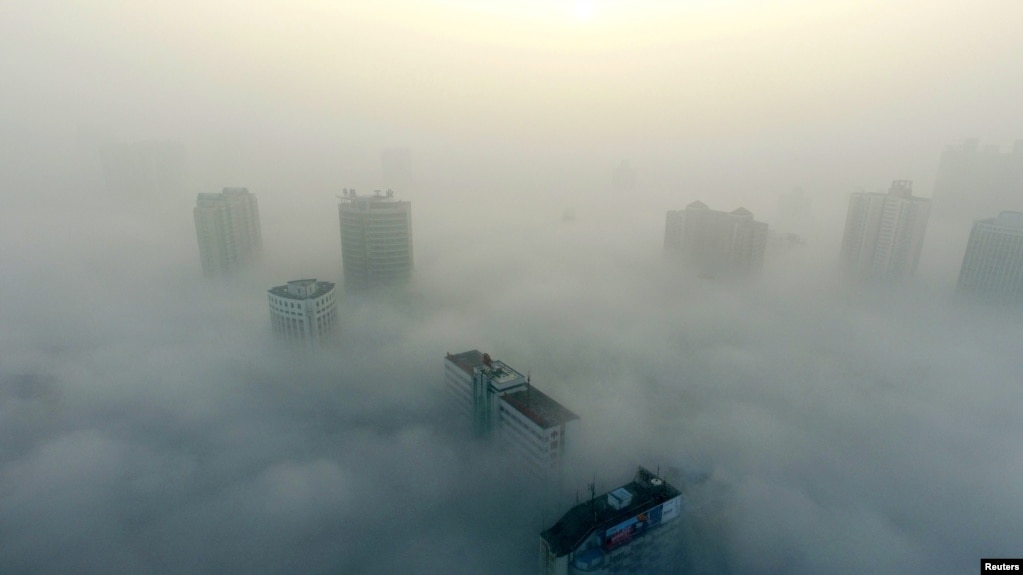Koch Brothers Rick Scott and Jeb Bush Exposed in Florida Pollution Scandal
I got bored and went into that long assed thread that new group started and stay buried in. Found this little possible gem of a story and since nobody except the New Group hangs out in there, I thought the rest of us might be interested in discussing whether this is a crock of shit...or some hard facts of truth. And if the latter....oy.
I got bored and went into that long assed thread that new group started and stay buried in. Found this little possible gem of a story and since nobody except the New Group hangs out in there, I thought the rest of us might be interested in discussing whether this is a crock of shit...or some hard facts of truth. And if the latter....oy.





